Famous for his peaceful protests in the fight for civil rights in the U.S.

King was a key figure in the American Civil Rights Movement, advocating for racial equality through nonviolent resistance
First woman to become Prime Minister of Israel in 1969.
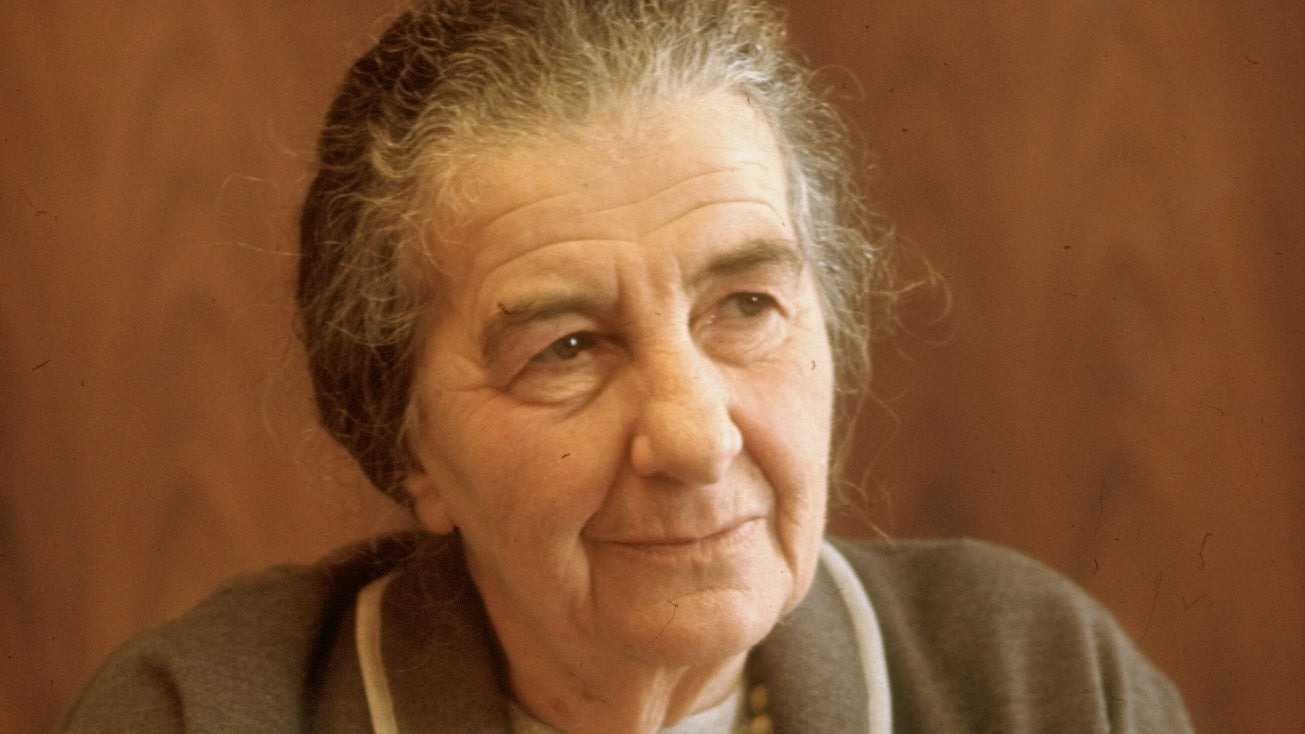
Golda Meir was known for her strong leadership during a time of great challenges for Israel, including the Yom Kippur War.
2. Famous for leading India's non-violent independence movement.
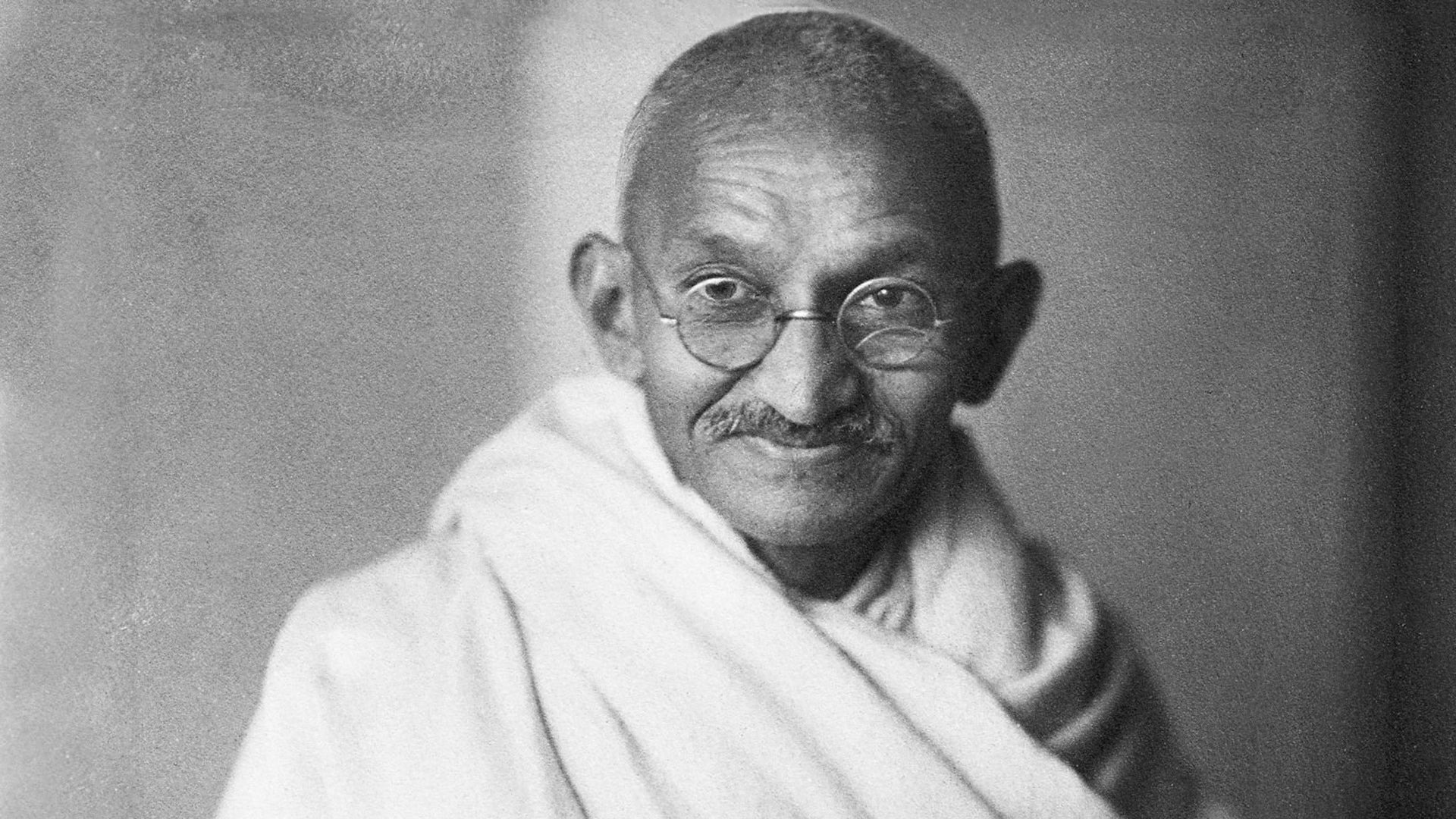
Mahatma Gandhi employed nonviolent resistance to lead the successful campaign for India's independence from British rule.
Founded the People's Republic of China in 1949.

Mao established communist rule in China and led the country through significant social and economic changes.
Ruled Egypt during the construction of the Great Pyramids.
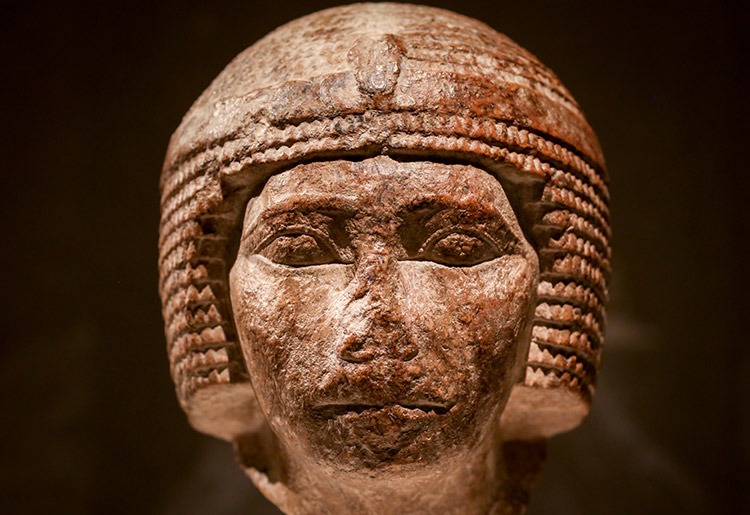
Pharaoh Khufu, also known as Cheops, was responsible for building the Great Pyramid of Giza, one of the Seven Wonders of the Ancient World.
Overthrown during the Cuban Revolution of 1959.
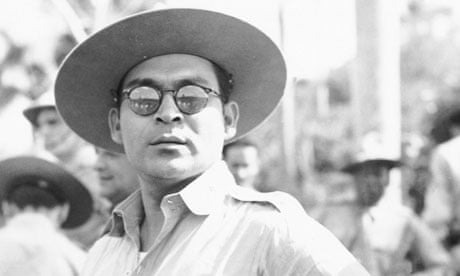
Batista ruled Cuba before being overthrown by Fidel Castro’s forces during the Cuban Revolution.
Led the Soviet Union during the Cuban Missile Crisis.
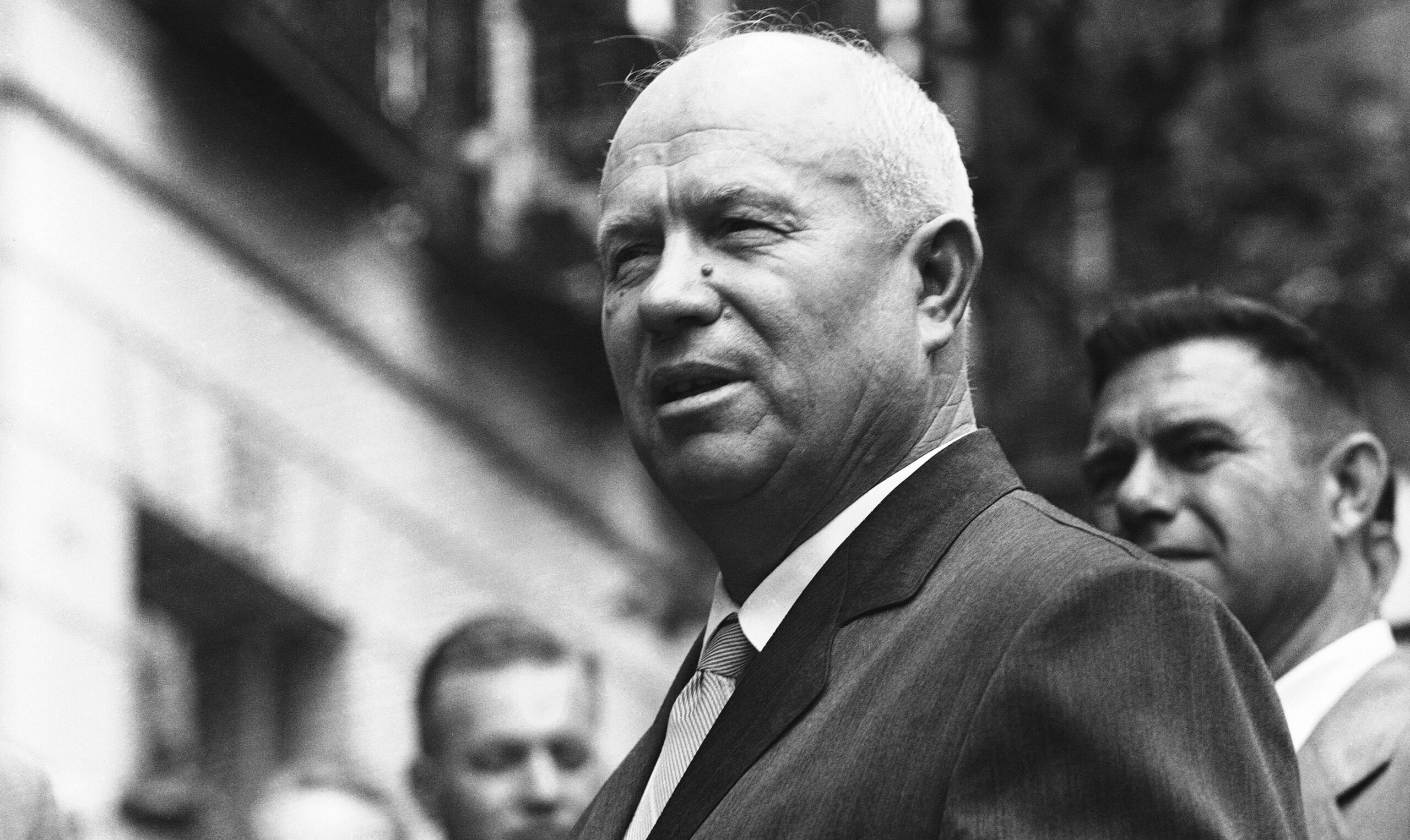
Khrushchev led the USSR during one of the most tense periods of the Cold War, which almost resulted in a nuclear confrontation with the United States.
Key figure in South Africa’s anti-apartheid movement and became its first Black president.
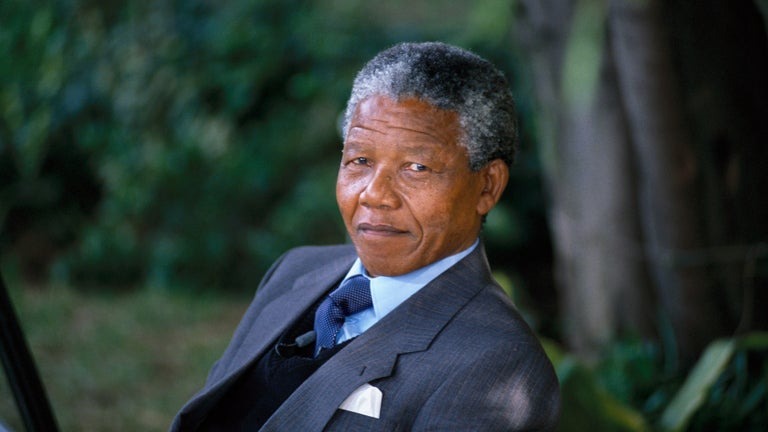
Mandela’s leadership in the fight against apartheid and his presidency marked the end of institutionalized racial segregation in South Africa.
Leader of the Mongol Empire, creating one of the largest empires in history.
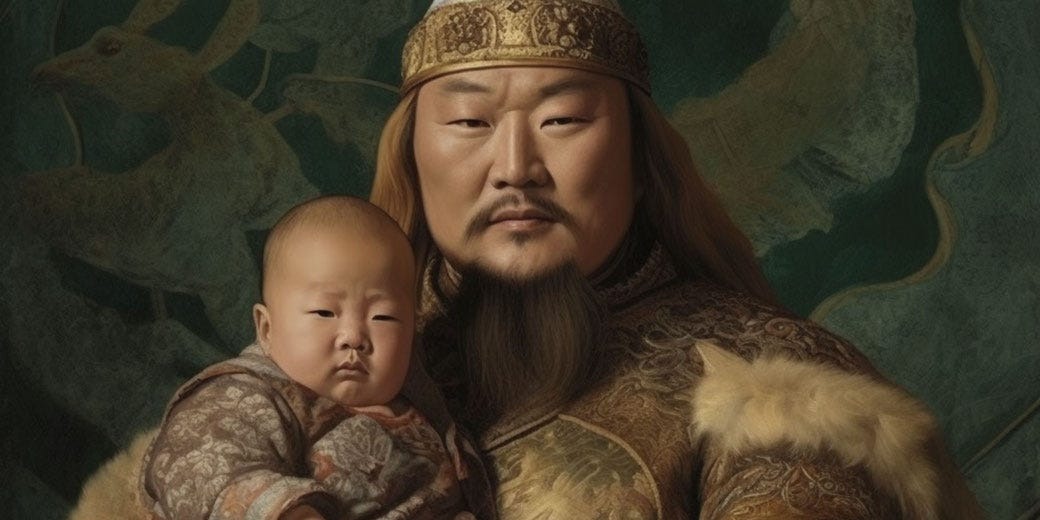
Genghis Khan unified the Mongol tribes and led invasions across Asia and Europe, forming a vast empire.
First President of the United States.

Washington led the Continental Army to victory in the American Revolution and became the first U.S. President in 1789.
Declared himself Emperor of France in 1804.
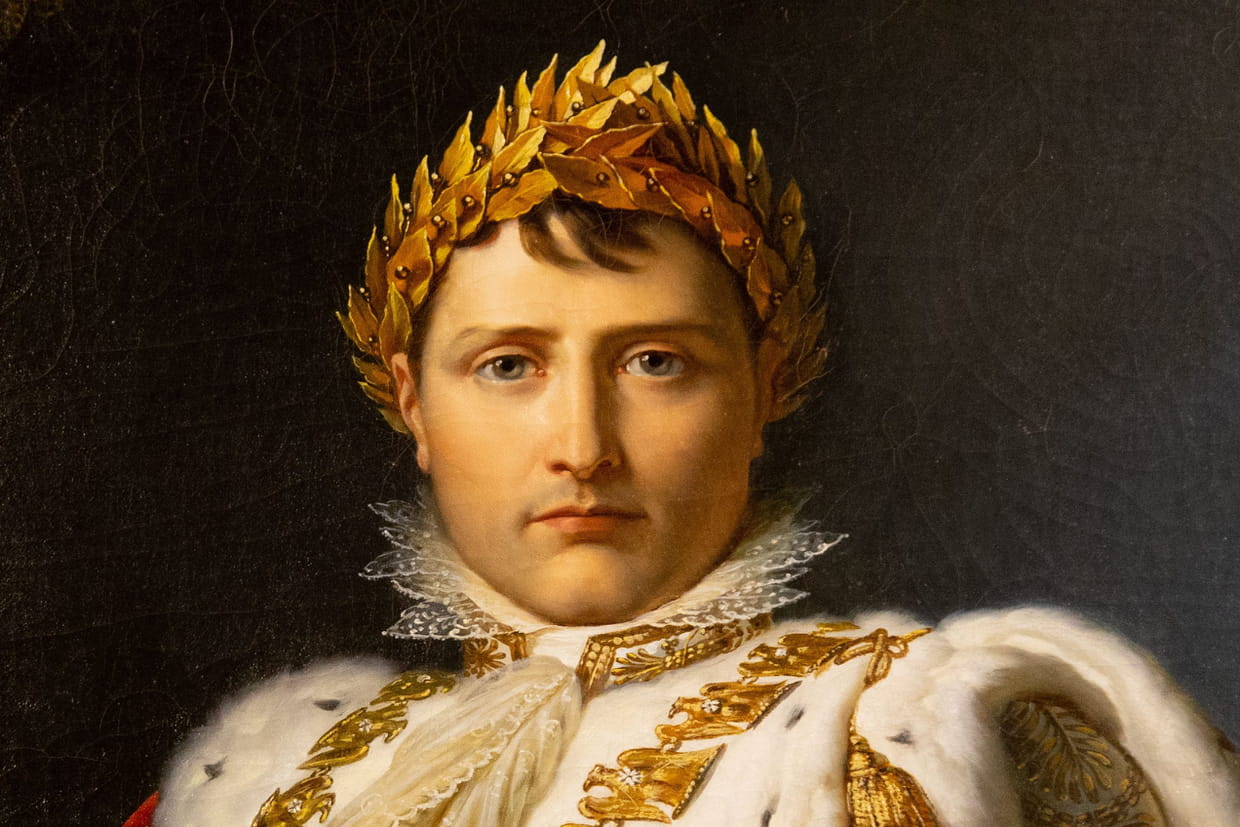
After crowning himself Emperor, Napoleon pursued a series of military campaigns across Europe until his eventual defeat.
Implemented the New Deal to combat the Great Depression in the U.S.
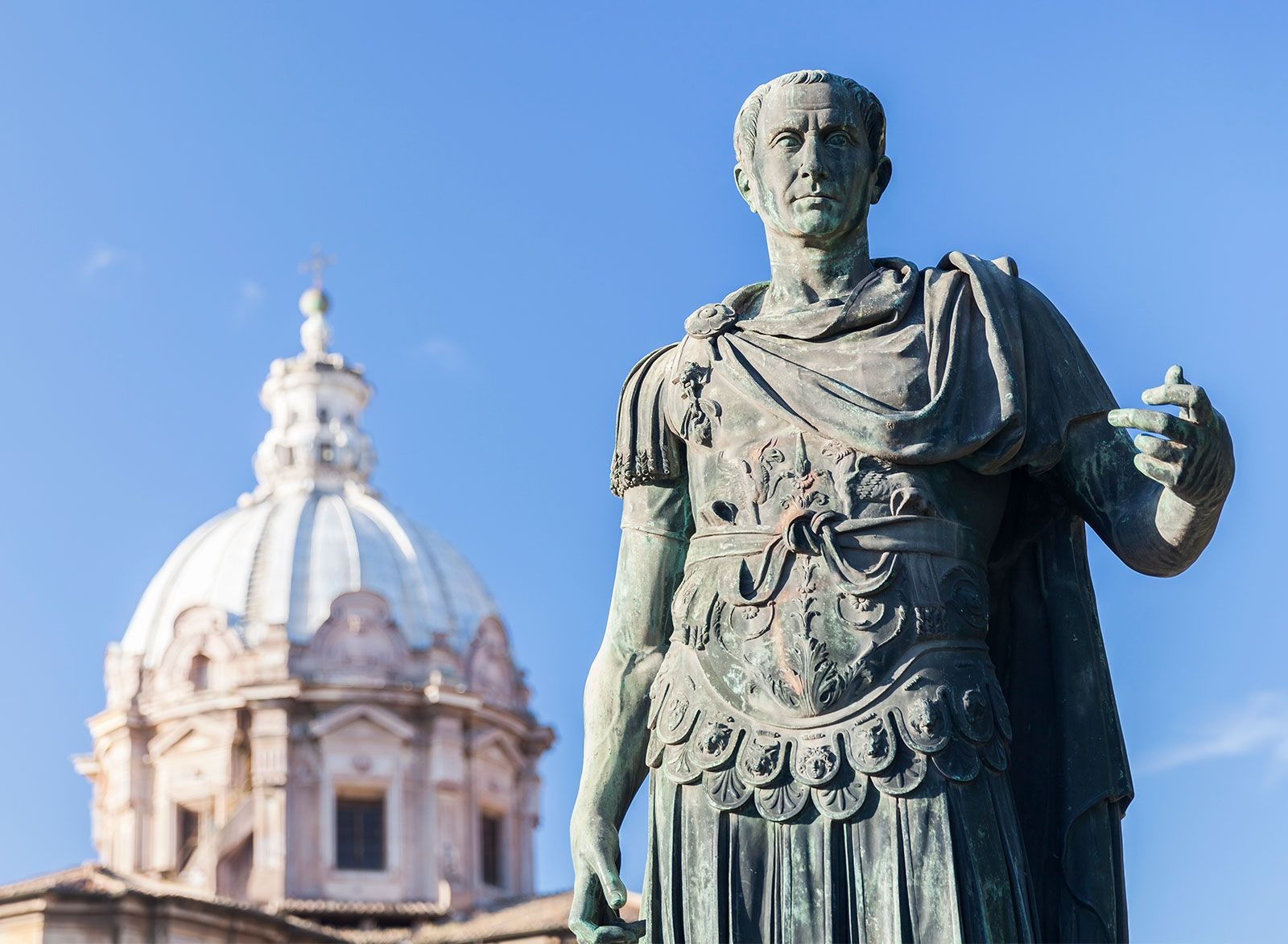
FDR’s New Deal policies helped alleviate the worst effects of the Great Depression in the United States.
Signed the Emancipation Proclamation during the U.S. Civil War.
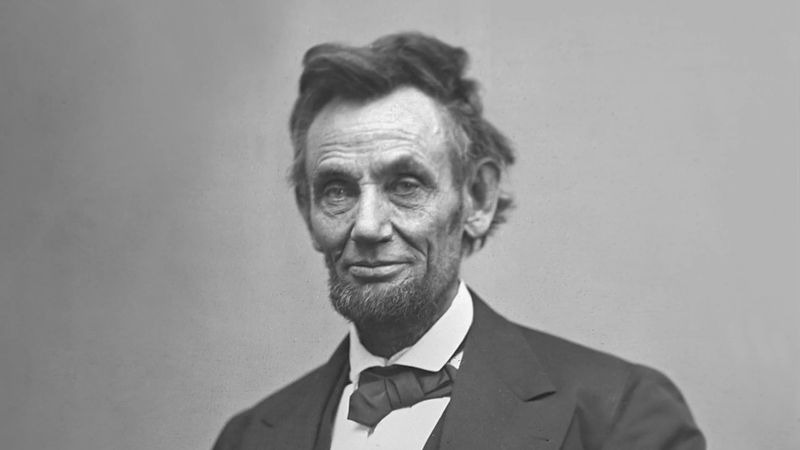
Lincoln’s Emancipation Proclamation declared the freedom of all slaves in Confederate-held territory.
Assassinated in 44 BC, signaling the end of the Roman Republic
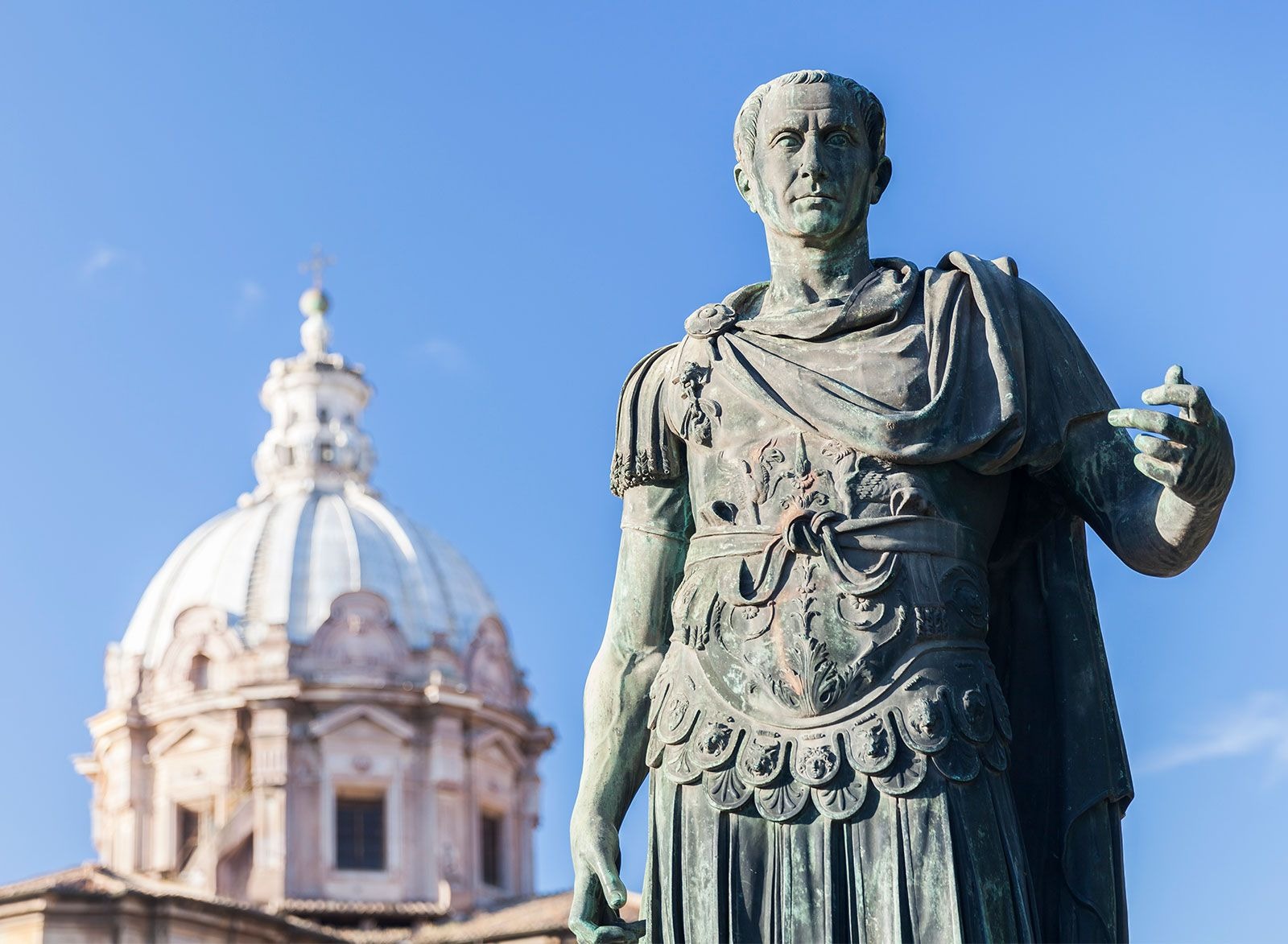
Caesar’s assassination by members of the Senate led to the eventual rise of the Roman Empire under Augustus.
Credited with uniting most of Europe under his rule by 1810.
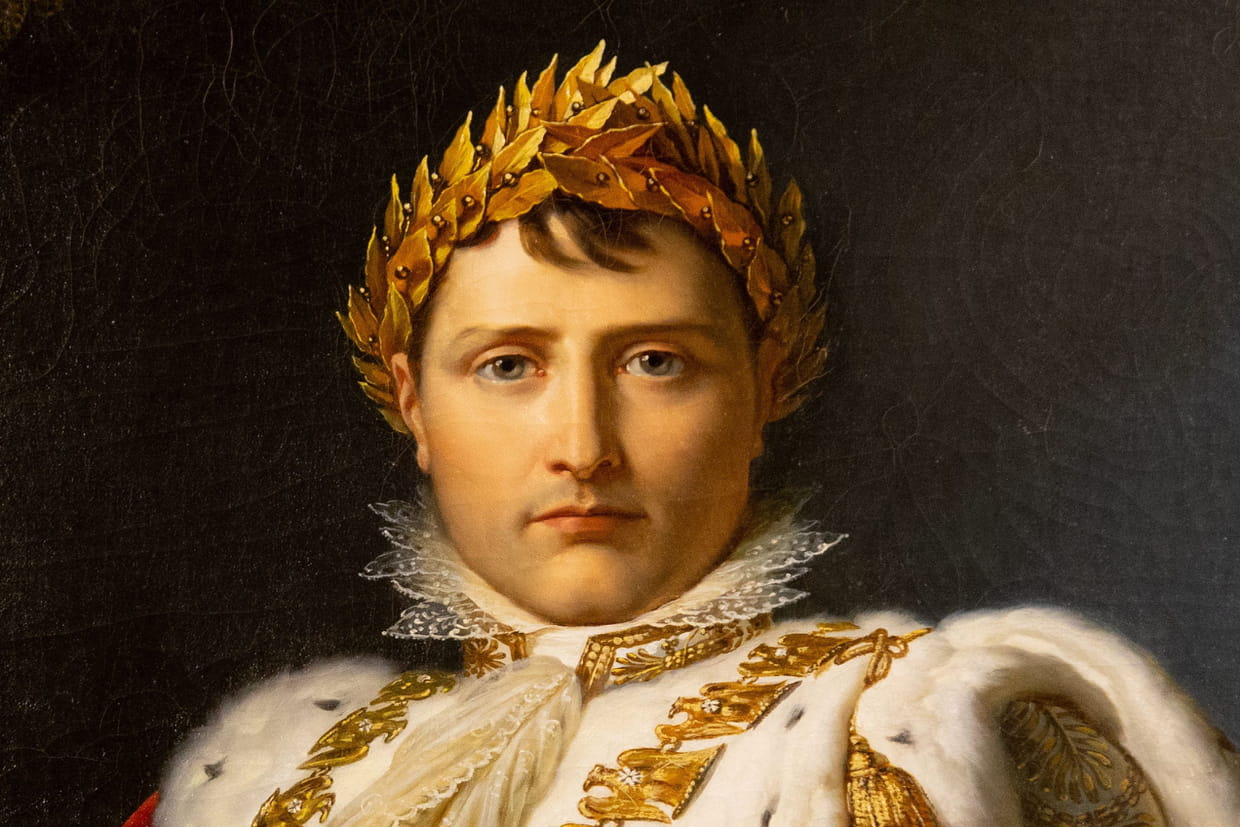
Napoleon’s military campaigns helped to expand French influence over much of Europe before his defeat in 1815.
Took over as leader of Nazi Germany in 1933.
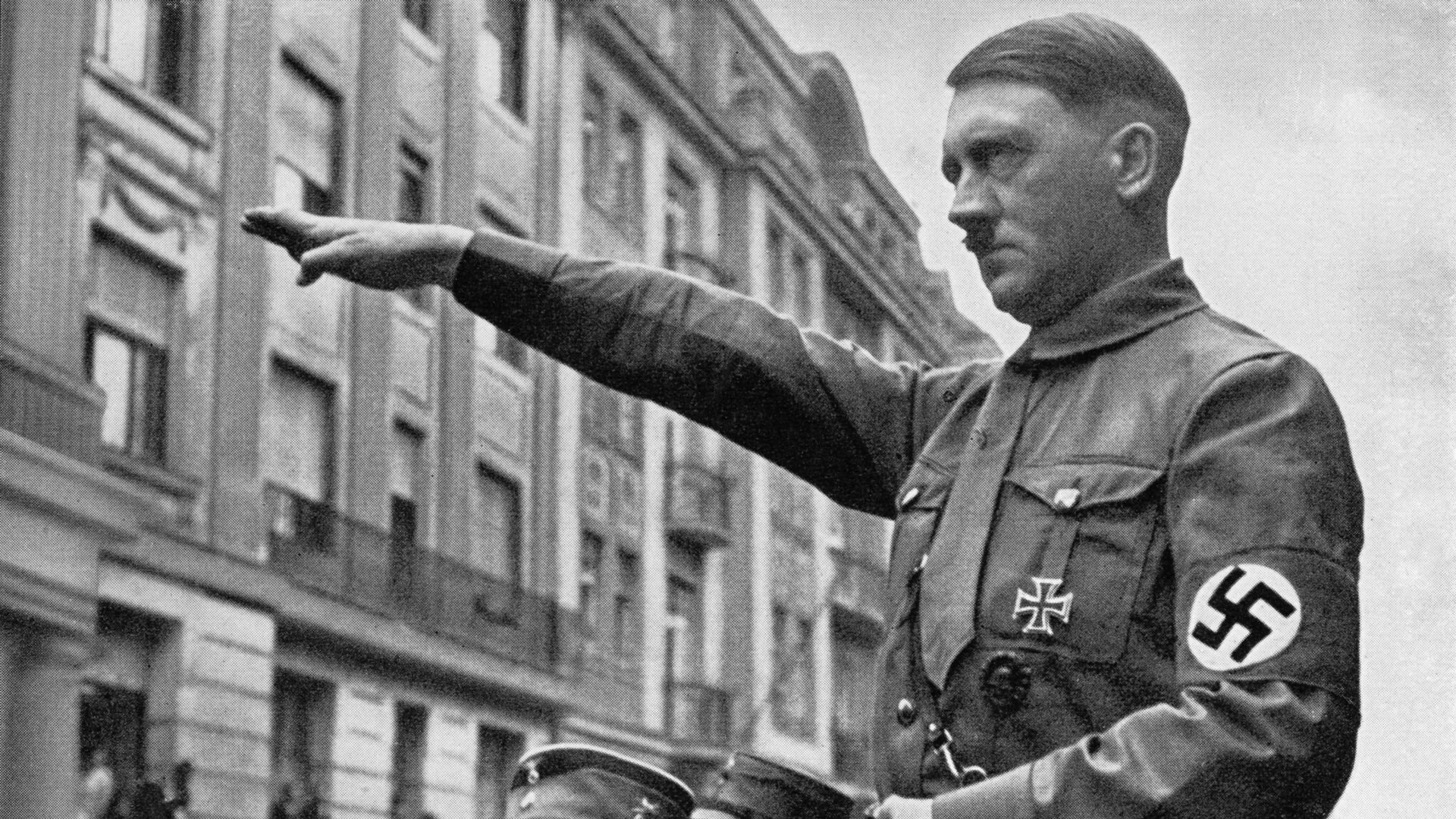
Hitler became the dictator of Germany and led the country into World War II, committing atrocities against humanity.
First female Prime Minister of the United Kingdom.
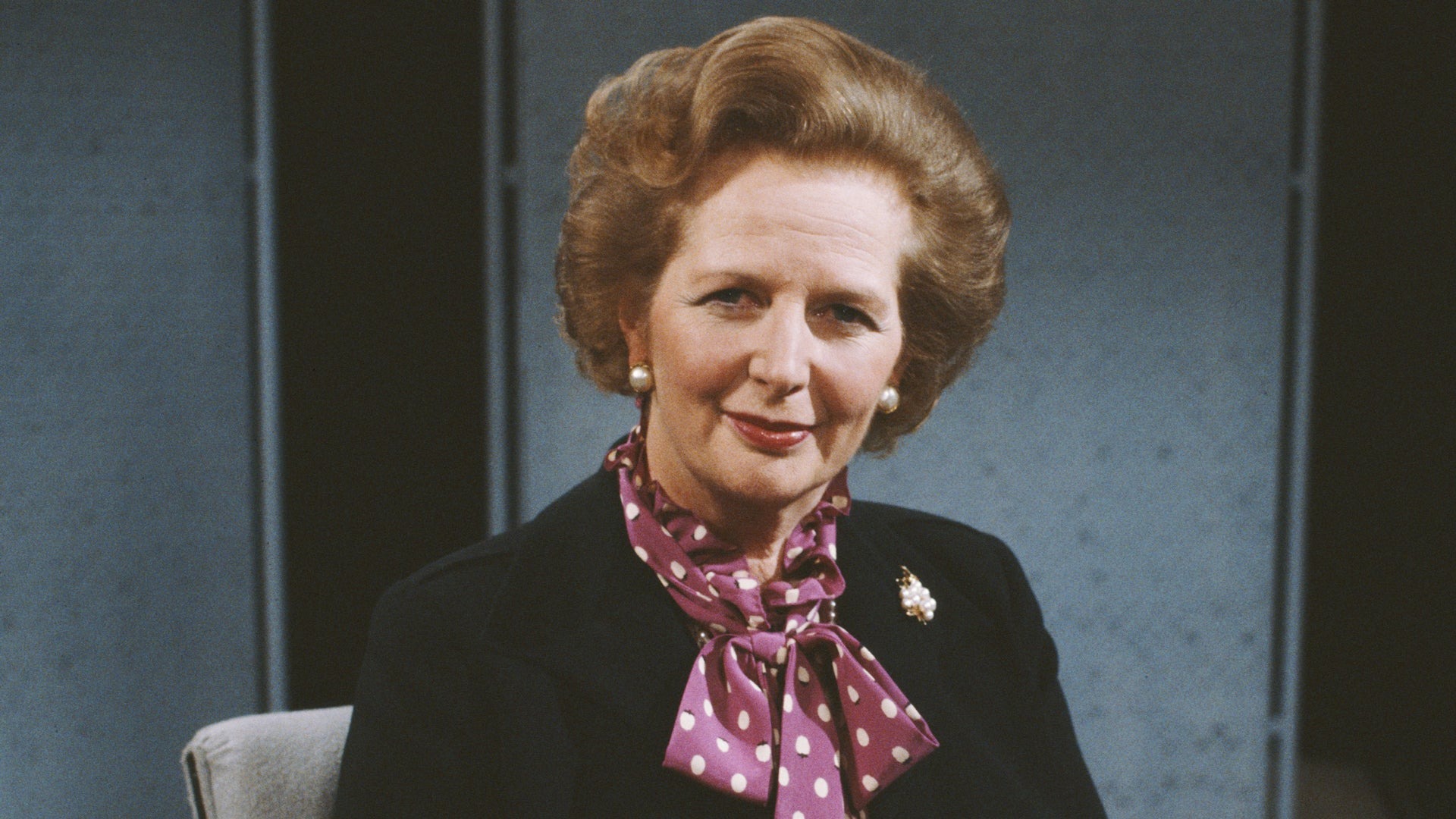
Thatcher was the first woman to lead a major Western democracy and served as UK Prime Minister from 1979 to 1990.
Commanded French forces during the Battle of Waterloo
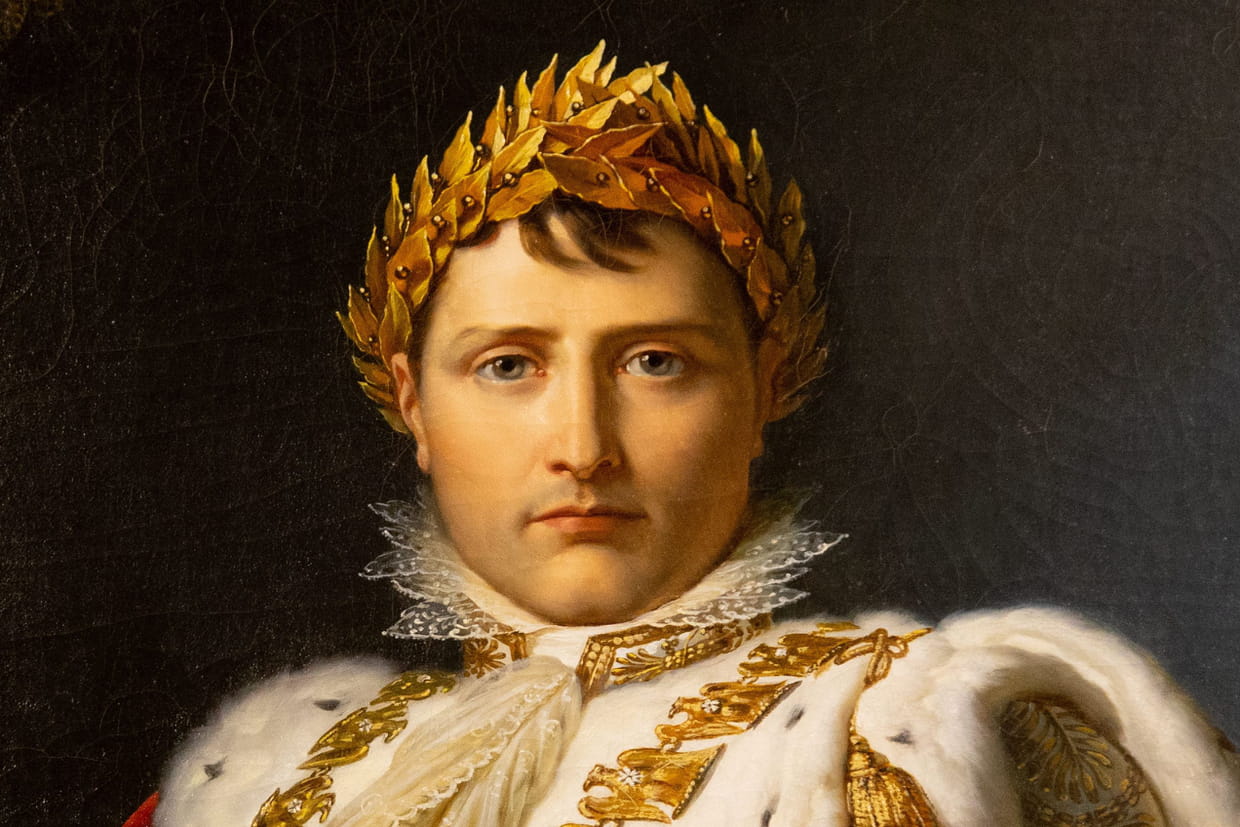
Napoleon Bonaparte was a French military leader who rose to prominence during the French Revolution and led the country in several military campaigns, including the infamous Battle of Waterloo.
Unified Germany in the 19th century and served as its first Chancellor.
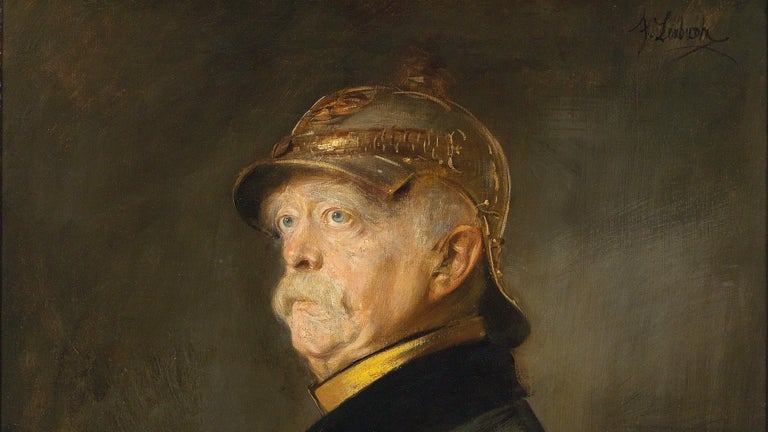
Bismarck was instrumental in unifying Germany under Prussian leadership and became the first Chancellor of the German Empire.
Instrumental in the fall of the Berlin Wall in 1989.
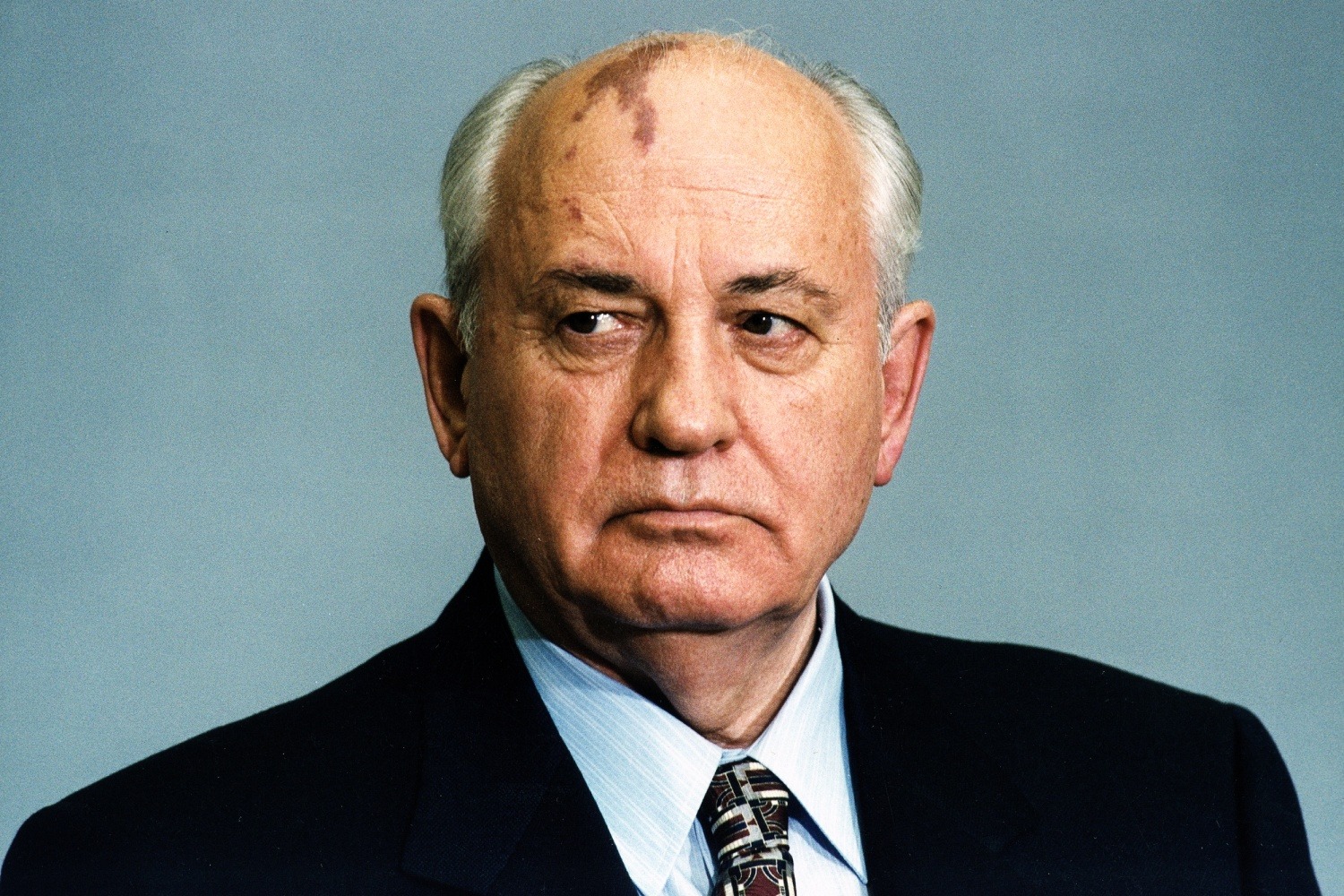
Gorbachev's policies helped ease Cold War tensions and led to the eventual collapse of the Soviet Union.
